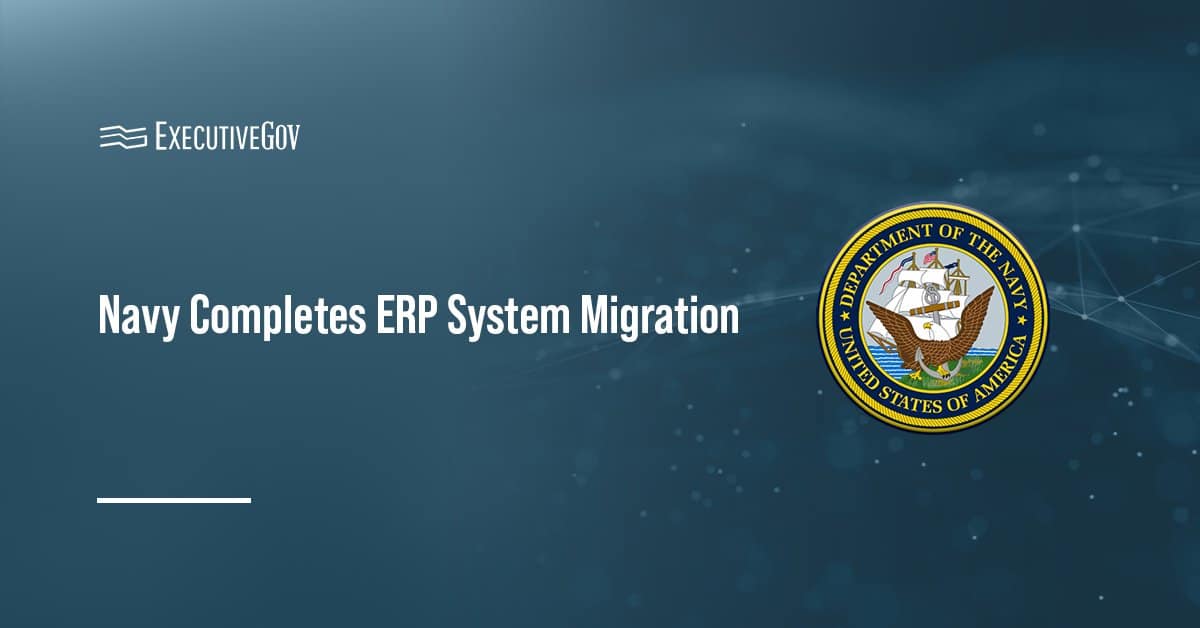A National Security Commission on Artificial Intelligence (NSCAI) report states that the Department of Defense (DOD) must work to adopt AI infrastructure by 2025 to widely implement emerging technologies and drive information technology modernization, FedScoop reported Thursday.
NSCAI said in its draft report to Congress that an AI infrastructure in place will help the DOD in efforts to build AI-based and sensor-driven command and control networks. Delaying efforts to implement the infrastructure will impact programs such as the Joint All-Domain C2 (JADC2) initiative.
The report also details recommendations such as reducing barriers to integrating AI into weapons technology, partnering with the academe and creating software teams within combatant commands.
NSCAI is headed by Eric Schmidt, former CEO of Google, and Bob Work, a former DOD deputy secretary.





